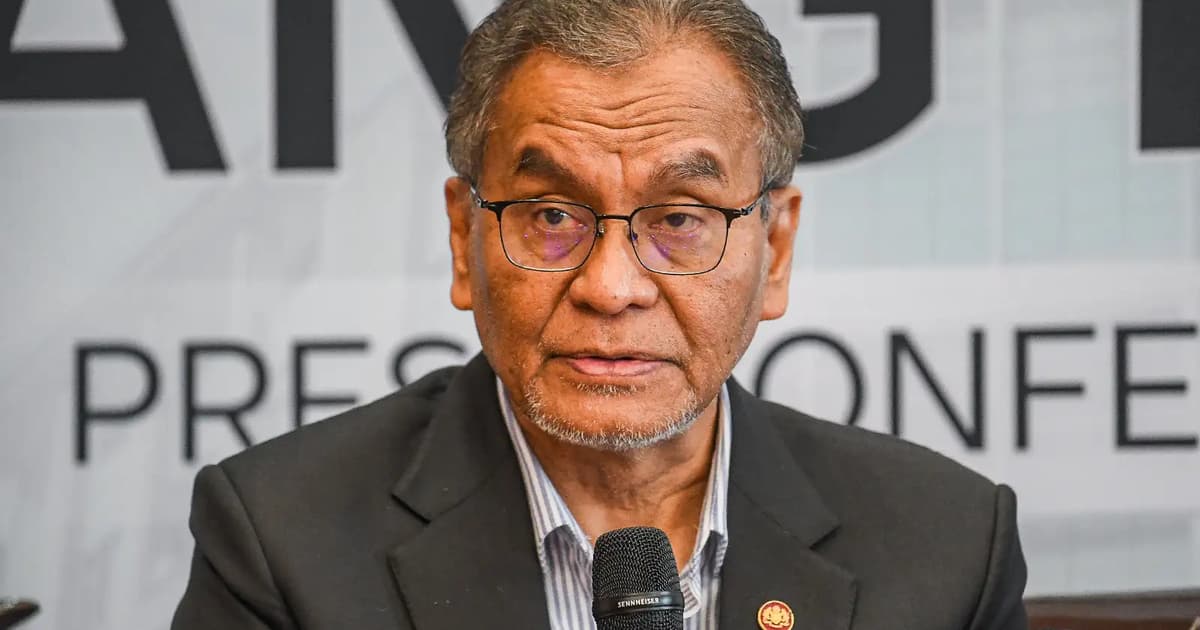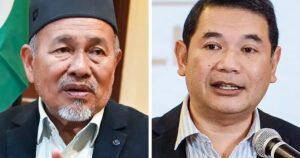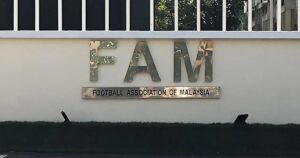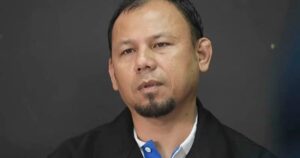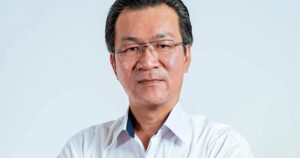
The Malaysian Medical Council (MMC) has registered five cardiothoracic surgeons as specialists with the Fellowship of the Royal College of Surgeons of Edinburgh in Cardiothoracic Surgery qualification, health minister Dzulkefly Ahmad said today.
Dzulkefly said the registration of the five specialists marked the resolution of a long-standing issue on the implementation of the parallel pathway programme and the recognition of international qualifications, particularly in the field of cardiothoracic surgery.
“For the record, all five cardiothoracic surgeons are currently serving at Penang Hospital and the National Heart Institute,” he said in a statement.
In June, Dzulkefly signed a ministerial order to enforce amendments to the Medical Act 1971, which came into effect on July 1.
The move allowed the MMC list of recognised qualifications to cover all foreign universities involved in the production of parallel pathway specialists.
Dzulkefly said the amendments meant that the two routes to becoming specialists – the parallel pathway and the master’s programme – could be implemented in a more organised manner, with transparency in accordance with the existing laws.
The amendments followed controversy over MMC’s refusal to recognise certain parallel pathway programmes such as the cardiothoracic surgery qualification from the Royal College of Surgeons of Edinburgh, despite a shortage of such specialists at government hospitals.
Dzulkefly also confirmed that a special allowance was being implemented for medical officers undergoing supervised work experience (SWE), a mandatory probationary period for every medical officer who has completed specialist training.
“This special allowance, known as the pre-gazettement specialist incentive payment, is given at the same rate as the allowance received by fully registered specialists,” he said, describing it as recognition of the contributions and commitment of medical officers currently undergoing SWE.
He said other ongoing efforts include refining the specialist registration process through comparability evaluations, particularly for those returning from overseas.
Media previously reported a new policy for doctors to undergo an 18-month provisional period before being certified as specialists, up from the previous six months. During this period, it was said that the medical officers would receive less than half the salary they deserved despite performing specialist-level duties.
The health ministry denied the introduction of such a policy.
